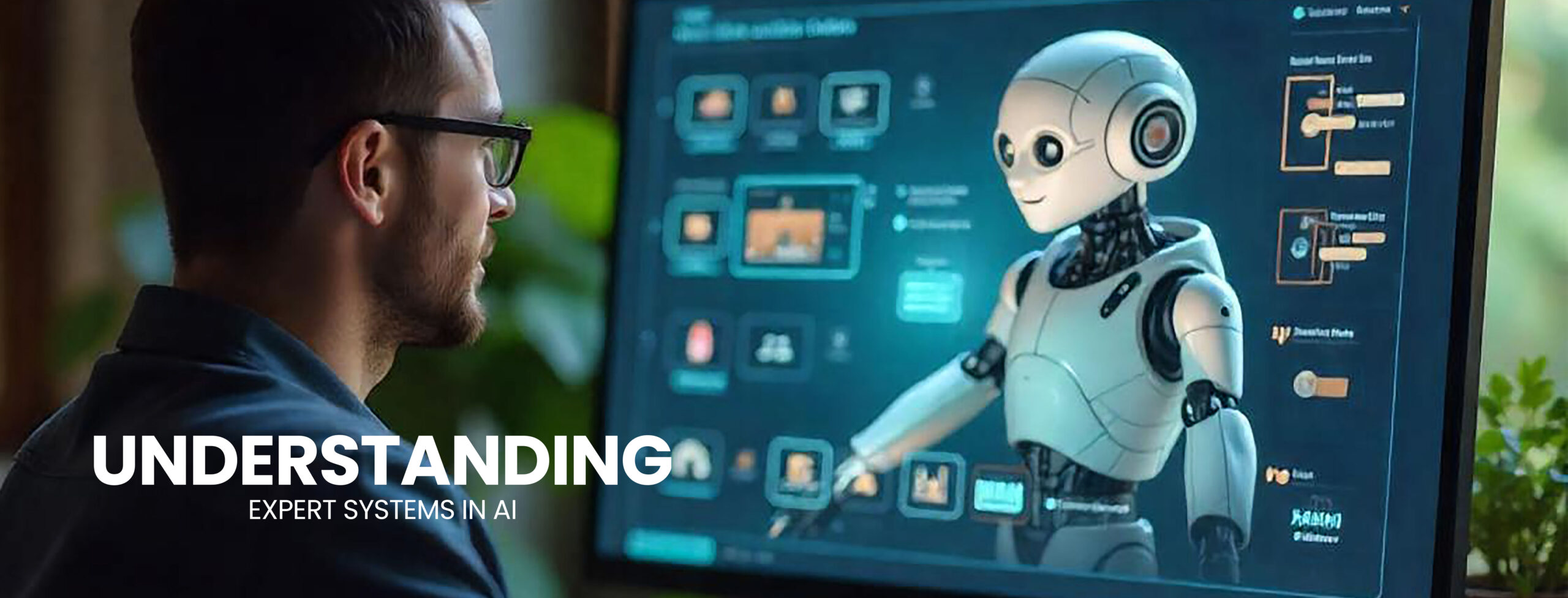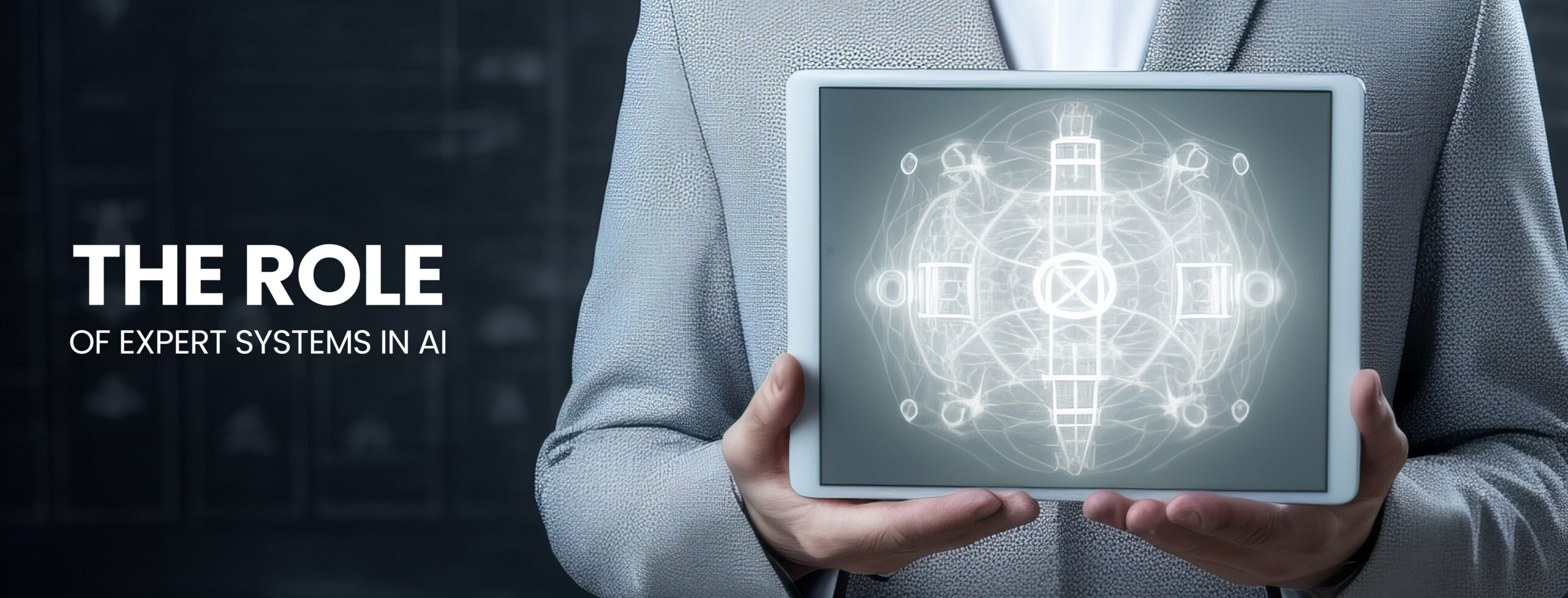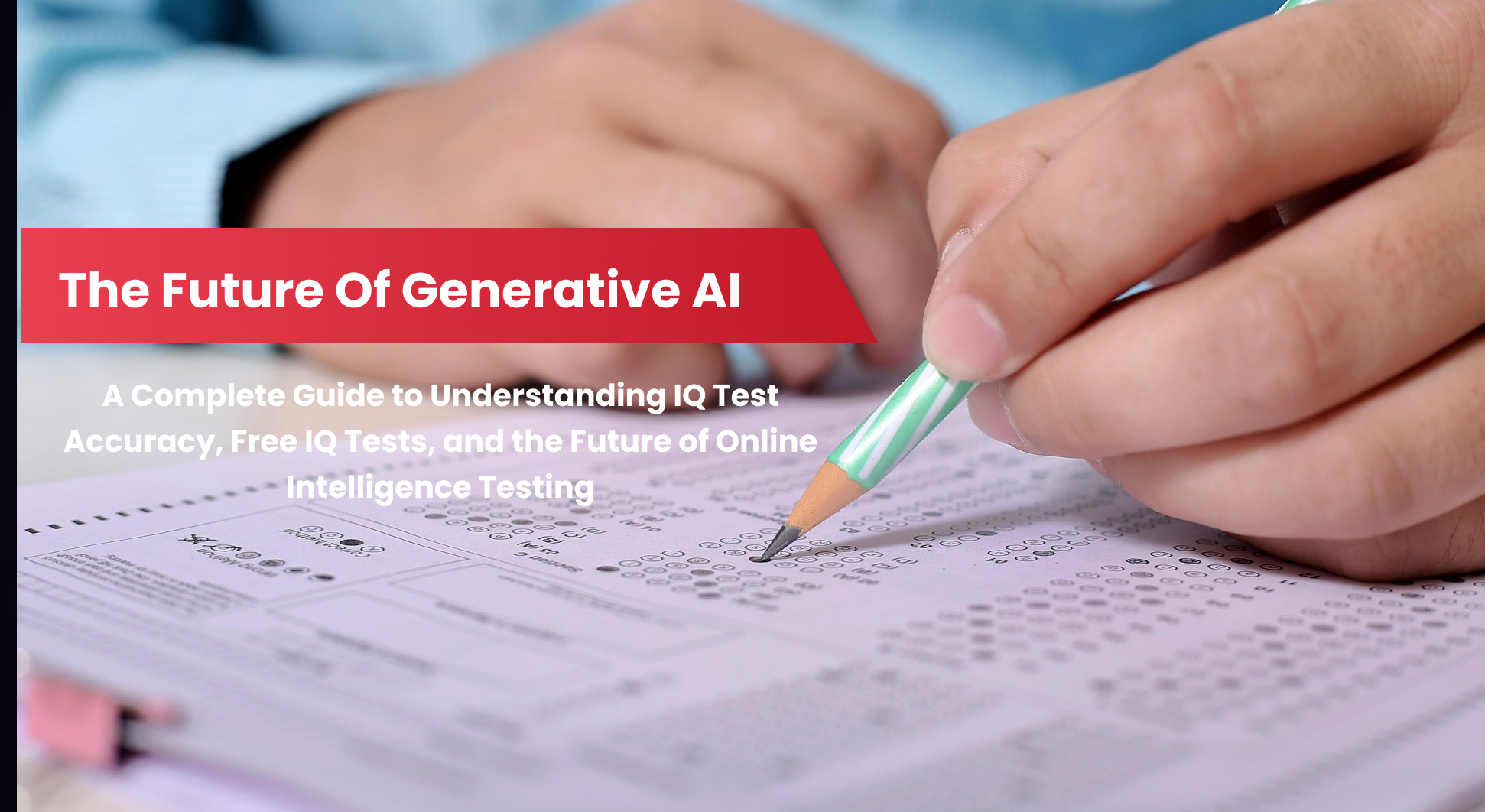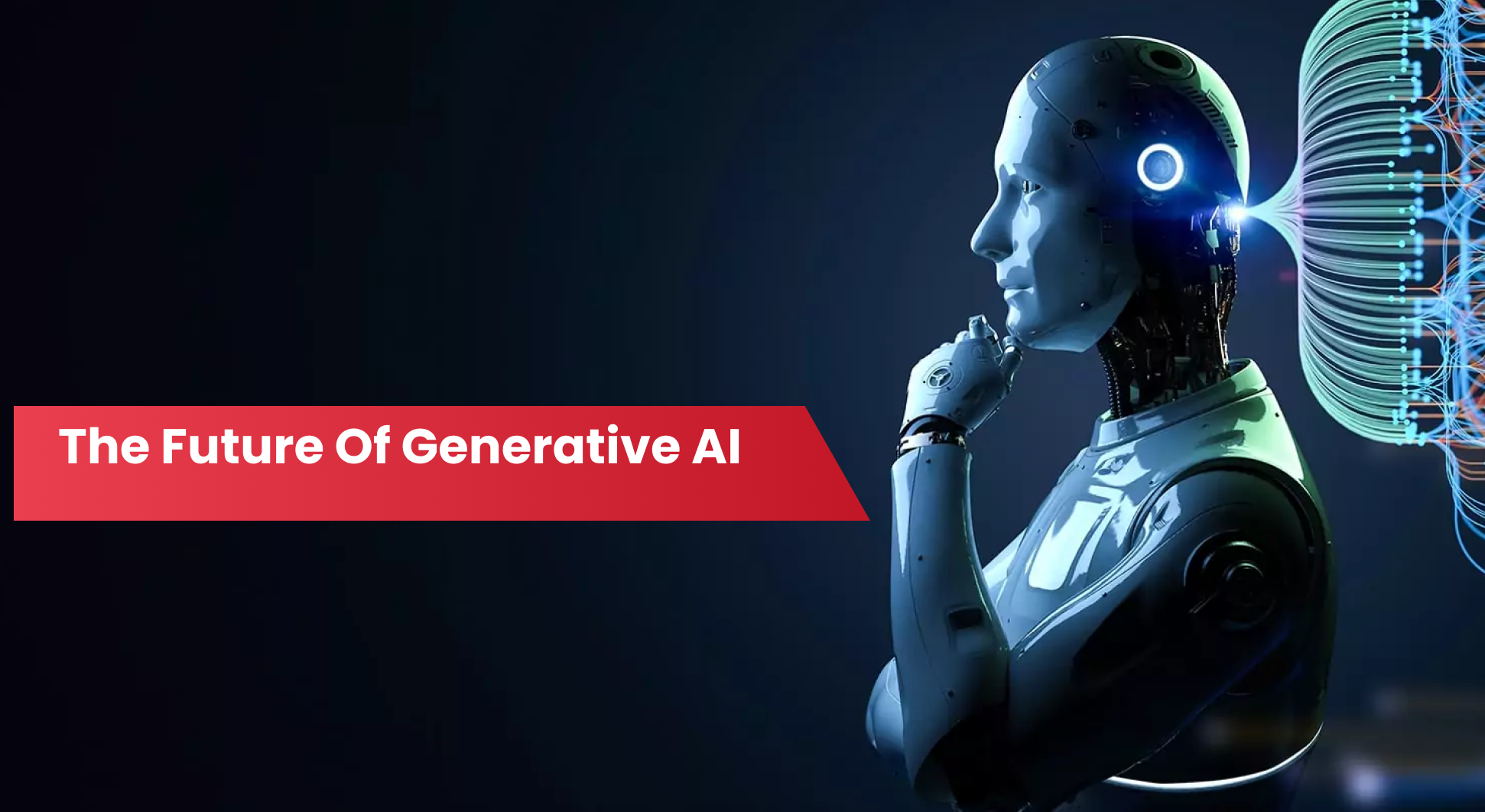Artificial Intelligence (AI) has transformed numerous industries, introducing revolutionary tools to streamline processes and enhance decision-making.
Among these tools is the Expert System, an AI-based solution designed to emulate human expertise in problem-solving.
But what is an expert system in AI, and why is it so significant? This comprehensive guide delves into the components, architecture, characteristics, and applications of expert systems to provide a detailed understanding.
What is an Expert system in AI (Brief Overview)
- Learn about the components of expert systems, including the knowledge base, inference engine, and user interface.
- Explore the expert system architecture in AI, including its key layers and functionality.
- Identify the characteristics and features of expert systems that make them unique and efficient.
- Discover real-world applications of expert systems in healthcare, finance, and engineering industries.
- Gain insights into the role of expert systems in AI and their impact on decision-making and automation.
- Understand how production systems in AI relate to expert systems for automating rule-based tasks.
Understanding Expert Systems in AI

An expert system in AI is a computer-based application designed to solve complex problems and provide decision-making capabilities by mimicking the reasoning and expertise of a human expert. These systems leverage vast knowledge bases and logical inference mechanisms to tackle challenges in domains like medicine, engineering, and business.
An expert system in AI consists of specialized components that make it capable of emulating human intelligence. These include the knowledge base, inference engine, and user interface. Each plays a crucial role in ensuring the system can simulate expert-level decision-making. We will explore these components in detail later.
If you want to learn more about Expert systems in AI, subscribe to Fastlearner.ai.
Key Components of an Expert System

- Knowledge Base: The knowledge base is the heart of the expert system. It stores facts, rules, and heuristics—all essential for problem-solving. The richness and accuracy of the knowledge base directly influence the system’s effectiveness.
- Inference Engine: The inference engine is the reasoning mechanism. It applies logical rules to the knowledge base to infer solutions to given problems. By simulating the cognitive processes of human experts, it enables the system to provide intelligent outputs.
- User Interface: The user interface facilitates interaction between the system and its users. A well-designed interface ensures that users can input data, receive results, and interact seamlessly with the expert system.
- Knowledge Acquisition Module: This module allows the system to update and expand its knowledge base over time, making it more robust and adaptive.
Expert System Architecture in AI

The architecture of an expert system in AI includes several interconnected layers, each contributing to the overall functionality:
- User Layer: Allows users to communicate with the system through inputs and outputs.
- Knowledge Representation Layer: Encodes the domain-specific information.
- Inference Layer: Processes the input and applies logical reasoning.
- Control Layer: Directs the flow of operations, ensuring efficient functioning.
Characteristics of Expert Systems

- Domain-Specific: Expert systems are designed for specific domains, such as healthcare or finance.
- Logical Reasoning: They apply logical rules to deduce solutions.
- Explanation Capability: These systems can explain their reasoning and conclusions to users.
- Adaptive Learning: Some expert systems can learn and evolve by acquiring new knowledge.
Features of Expert Systems

- High Accuracy: Expert systems can achieve high precision in their outputs.
- Consistency: Unlike humans, they do not suffer from fatigue or bias, ensuring consistent performance.
- Speed: They process information and provide solutions quickly.
- Cost-Efficiency: By automating decision-making, they reduce dependency on human experts, lowering operational costs.
Applications of Expert Systems

Expert systems AI are used across various industries due to their ability to replicate human expertise. Here are some notable applications:
- Healthcare: Diagnosing diseases and recommending treatments.
- Finance: Risk assessment and fraud detection.
- Engineering: Assisting in system design and fault diagnosis.
- Education: Providing personalized learning experiences for students.
In addition to these, production systems in AI—a subset of expert systems—are also gaining prominence for their role in automating rule-based tasks. Read more about Production Systems in AI on the Fast Learner blog.
The Role of Expert Systems in AI

The role of an expert system in AI is to bridge the gap between human expertise and computational capabilities. By combining the strengths of both, these systems empower organizations to make informed decisions, optimize processes, and solve intricate problems efficiently.
Concluding Thoughts - What is an Expert system in AI?
Expert systems in AI represent a cornerstone of artificial intelligence, offering unparalleled decision-making support across various fields.
So, what is an expert system in AI?
From their foundational components to their extensive applications, understanding what an expert system is in AI reveals its transformative potential.
As AI continues to evolve, expert systems will undoubtedly play a pivotal role in shaping the future of intelligent automation.
FAQs About What is an Expert system in AI
What is an expert system in AI?
An expert system in AI is a computer-based application designed to replicate human expertise in decision-making and problem-solving. It uses a knowledge base and inference engine to provide intelligent solutions in specific domains like healthcare, finance, and engineering.
What are the 5 components of an expert system?
The five key components of an expert system are:
- Knowledge Base: Stores facts and rules.
- Inference Engine: Processes knowledge to derive solutions.
- User Interface: Enables interaction between the system and users.
- Knowledge Acquisition Module: Updates the knowledge base.
- Explanation Module: Provides reasoning behind decisions.
What are the three types of expert systems?
The three main types of expert systems are:
- Rule-Based Expert Systems: Use if-then rules for decision-making.
- Frame-Based Systems: Organize knowledge into structures.
- Hybrid Systems: Combine multiple AI techniques for better performance.
Is ChatGPT an expert system?
No, ChatGPT is not an expert system. It is a large language model based on deep learning, designed to generate text and understand context. Unlike expert systems, which rely on predefined rules and a structured knowledge base, ChatGPT learns from vast datasets and generates responses probabilistically.



